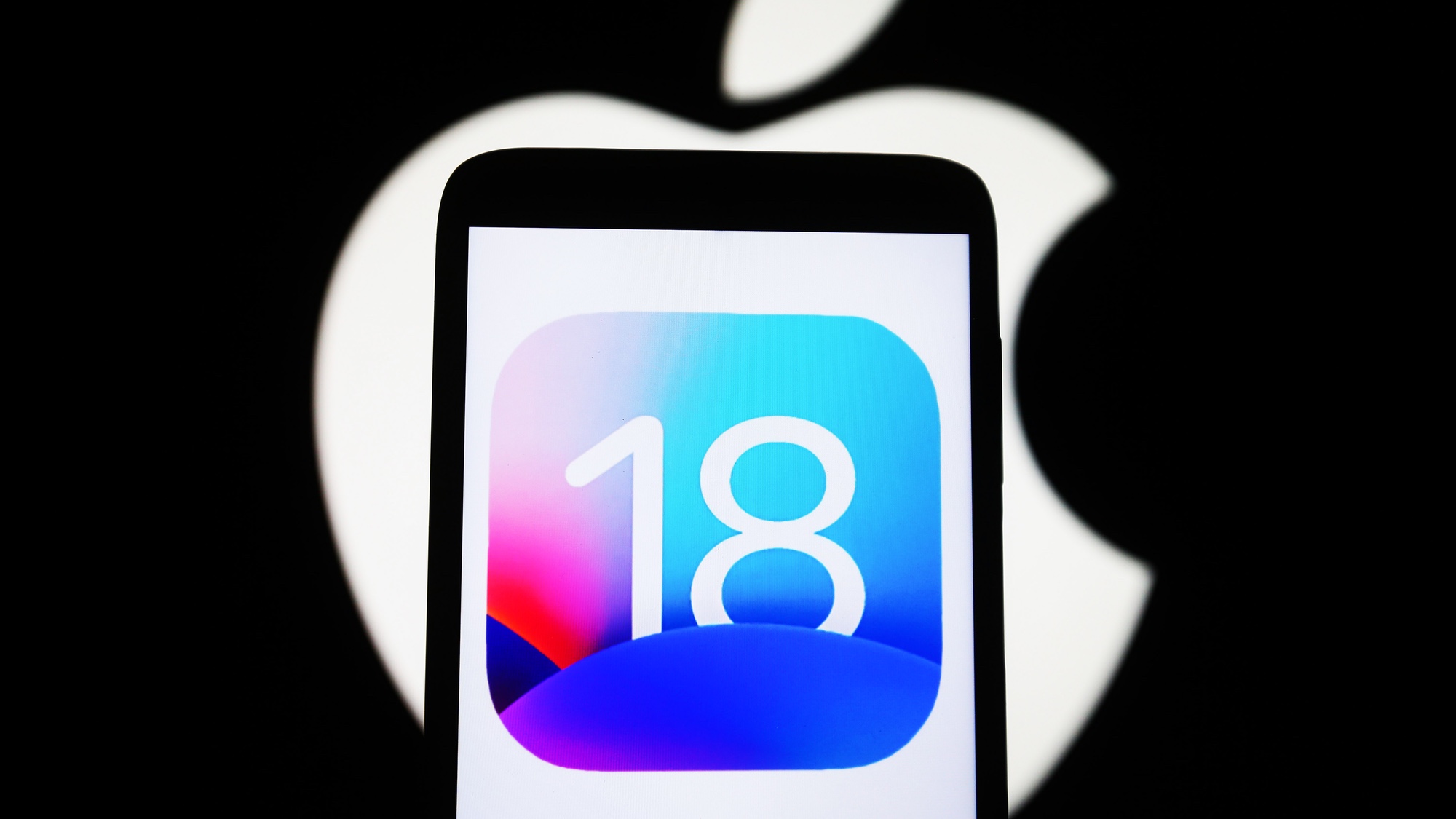
It's no secret that Apple has lagged behind Google when it comes to integrating AI into its products and software. But just how far behind was on display at Google I/O 2024 this week.
Google's annual developer conference was so packed with AI demos and announcements that the topic dominated the entire opening keynote. Google's AI efforts overshadowed everything to the point that improvements in Android 15 — certainly an important topic if you happen to own an Android phone — were relegated to a lower-profile announcement on the second day of Google I/O.
With Apple tipped to make AI the centerpiece of this year's iOS 18 update, you would think that Google's AI showcase might underscore how big a gap Apple needs to close with its own products. And while Apple certainly has its work cut out for it to bring the iPhone platform up to where Android is in terms of AI, there were some features touted by Google this week that Apple is closer to matching than you might think.
After watching last week's Google I/O keynote, here's where I think Apple is pretty close to matching Google's AI capabilities and where the company needs to make a splash with its iOS 18 release later this year.
Circle to Search, Apple-style
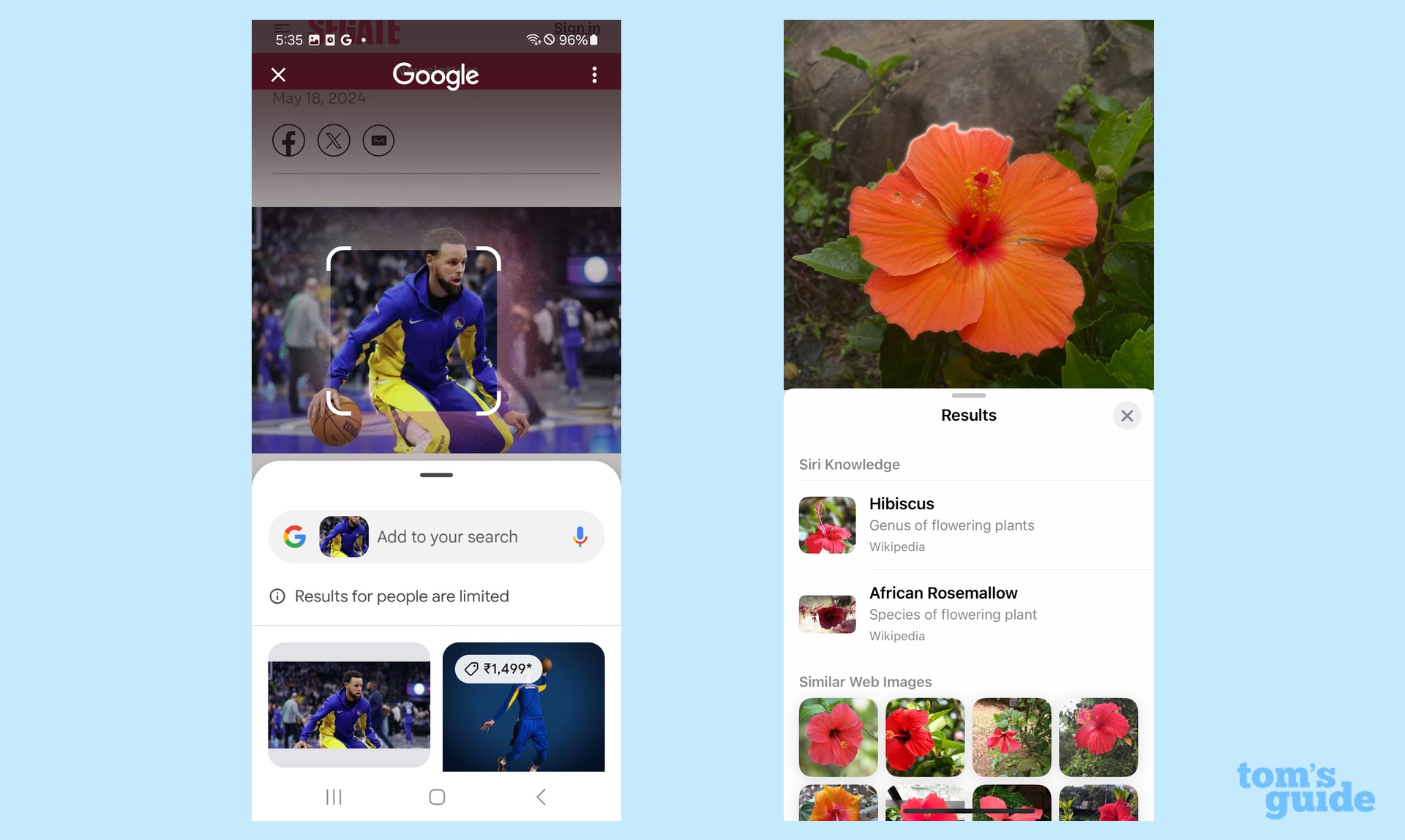
Google has won deserved praise for the Circle to Search feature it developed with Samsung. Available on select Galaxy flagships and Pixel phones, Circle to Search lets you tap or circle something in an image, and a separate tab with search results slides up onto your screen. When you've looked up what you need to do, you can dismiss it and go back to what you were doing.
At Google I/O, Google announced that Circle to Search would become smarter, gaining the ability to understand symbolic formulas, diagrams and graphs. From Google's description, the improvements will largely benefit students as they work their way through physics and match searches.
In a sense, there's been an iOS equivalent of Circle to Search for a few years now in the form of Apple's Visual Look Up capabilities. Certainly, Visual Look Up is limited compared to Circle to Search, but you can use the feature to look up information on landmarks, plants, pets, and food, among other things. More important, Visual Look Up mirrors Circle to Search's best feature by bringing up its results in a tab, rather than sending you off to a separate app.
We haven't heard much about Apple's plans for Visual Look Up in iOS 18, but recent iOS updates have expanded that feature's capabilities, so it wouldn't be unprecedented for further improvements to appear in the next major iOS release. That could include anything from expanding the kind of information you can retrieve with Visual Look Up to making the feature accessible in more of your iPhone's built-in apps.
Google Workspace vs. Apple's iWork
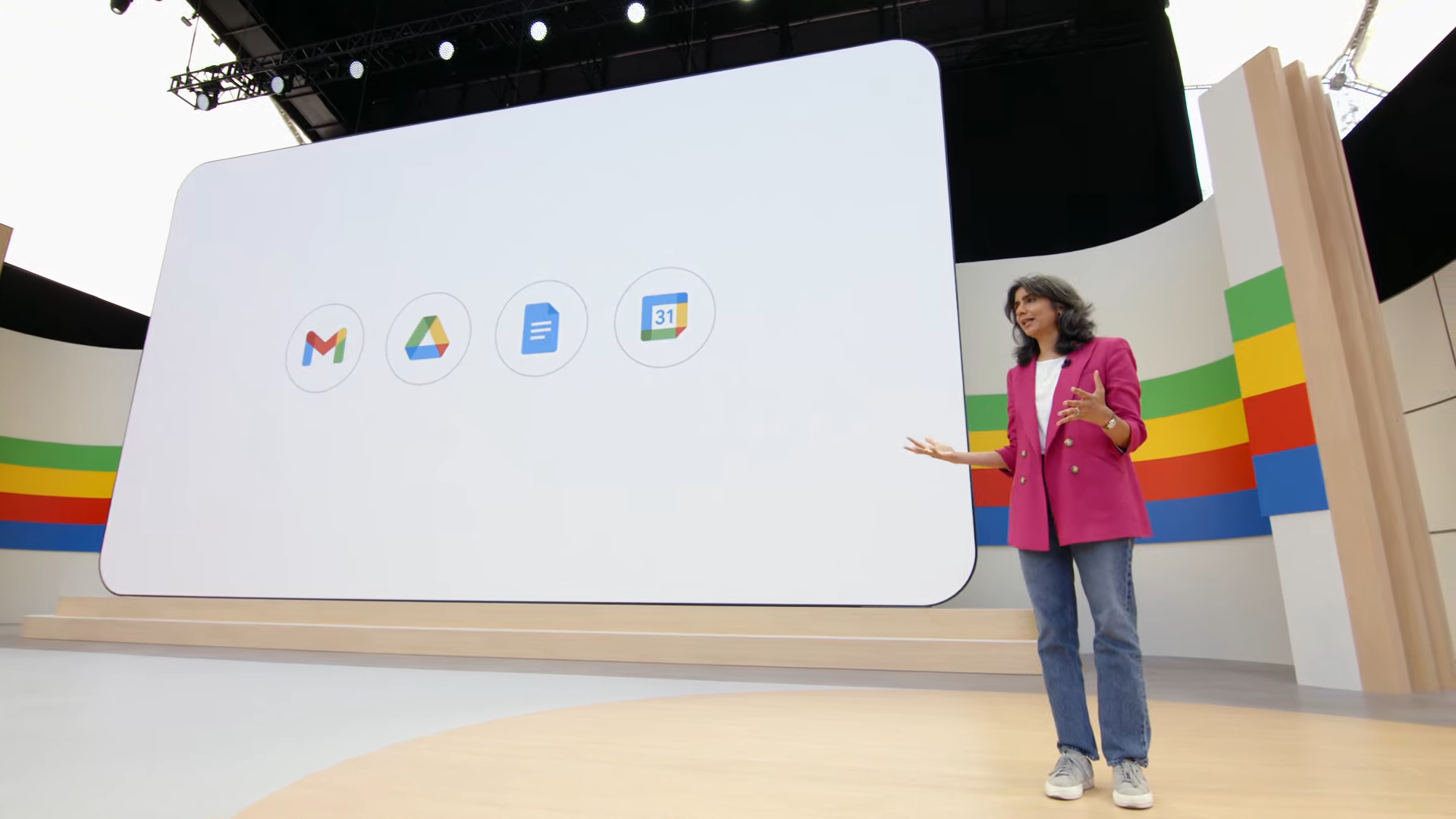
Google Workspace got its own section of the I/O keynote, with Google executives detailing new AI-powered features coming to apps like Gmail. Highlights include the ability to summarize multi-message conversations and to pull specific data out of emails using a new Gmail Q&A capability. Even those auto-generated replies are getting a boost, as the AI-generated responses will now be tailored to the context of the messages you're replying to.
There are a few indications that Apple has something similar in mind with iOS 18. Specifically, rumors tip the Pages word-processing app to add a writing assistant that can suggest ways to get started on documents or ways to make your writing more succinct. Similarly, a rumor suggests that Keynote will get an AI feature that can help you create decks for presentations.
These iOS 18 additions may not approach the depth of what Google offers with its Workspace apps, but it certainly sounds as if Apple sees an opportunity to add similar tools to its built-in productivity apps — at least if these rumors are to be believed.
Reinvented Siri
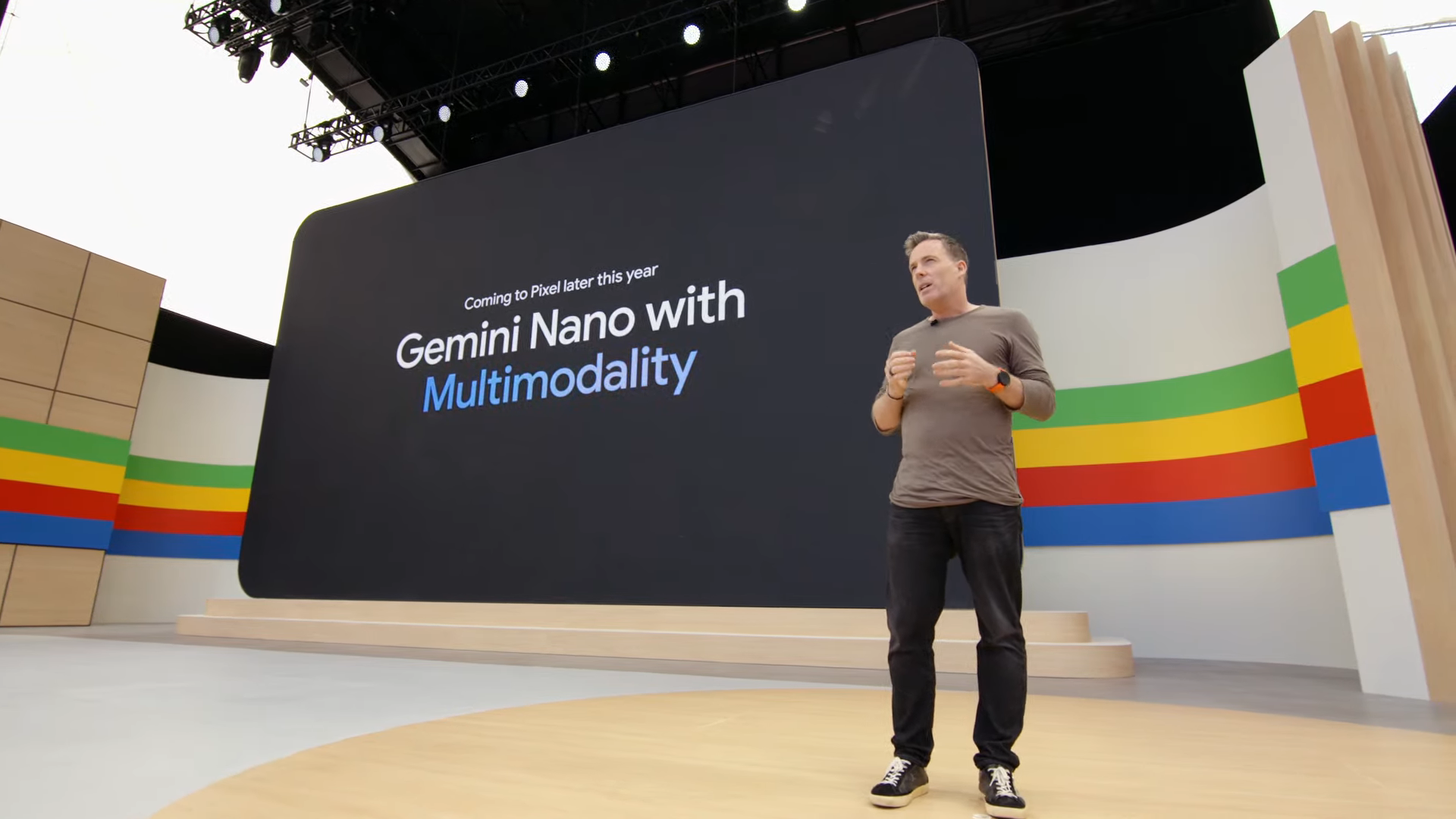
Both Google and Apple are looking to revamp their on-device assistants, with Google much further along in this process. The Google Assistant is giving way to Gemini, Google's AI model, which should support more complex queries and tasks than you've gotten used to.
Pixel phones later this year are going to have access to Gemini Nano with Multimodality. That's a slimmed-down on-device version of Gemini that can be used to generate text, summarize existing text and perform other tasks. More importantly, the latest version of Gemini is capable of understanding context, knowing what app you're in and what's on your screen. Multimodal capabilities also mean that Gemini will also be able to contextualize sights, sounds and spoken language.
Apple's Siri plans are more opaque, if only because they'll likely be revealed as part of any iOS 18 preview Apple has planned. But it's almost certain that Siri 2.0 is in development given Apple's recent announcements about large language models. A Siri powered by more robust AI powers will be able to respond to more complex requests. If reports about Apple's AI plans are accurate, it will do so entirely on your iPhone for better performance and privacy.
Call management features — catching up with Google
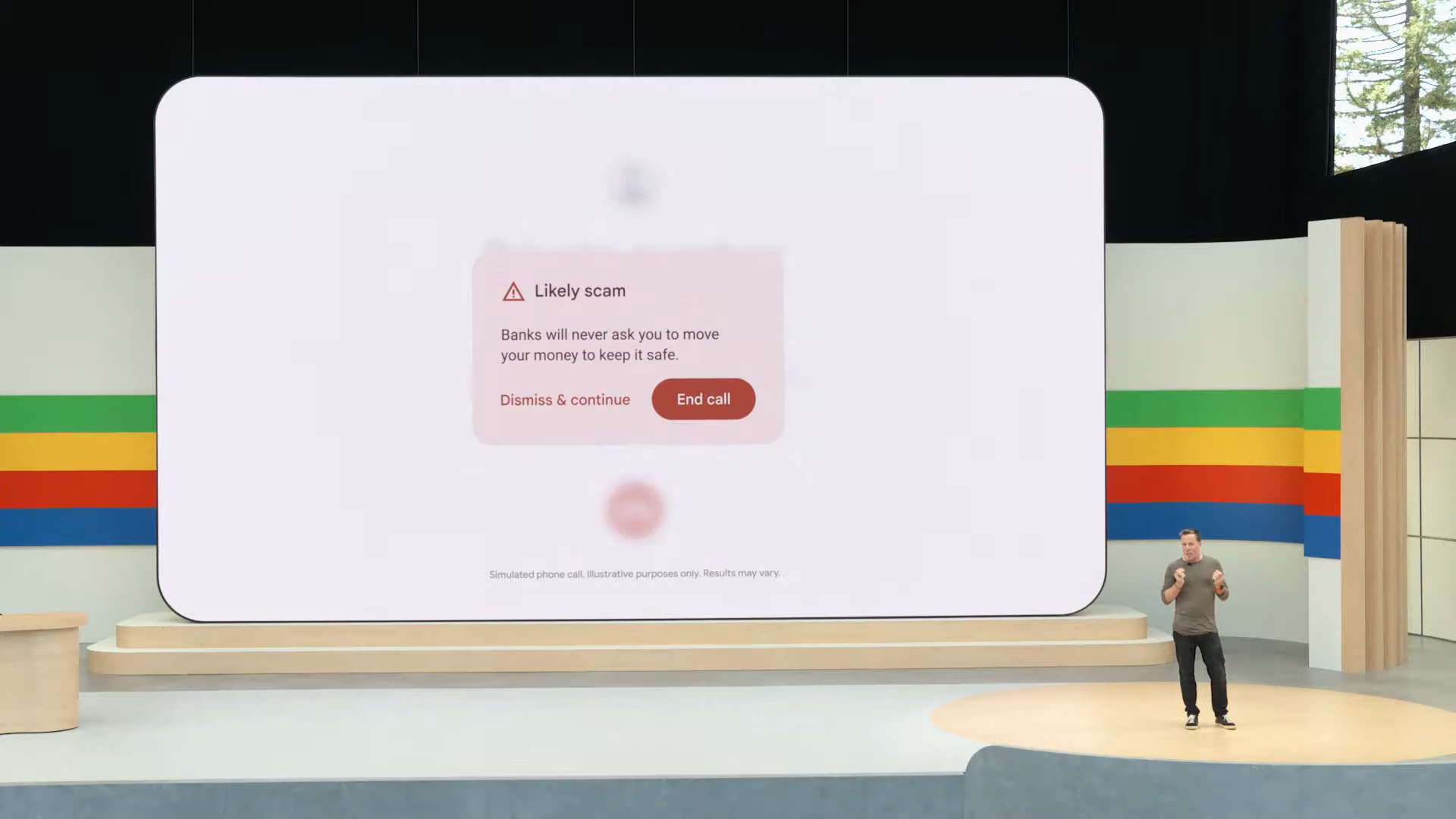
If there's one area where the iPhone experience clearly lags behind Android, it's in how the respective platforms handle phone calls. Android is well ahead on this front, particularly if you use one of Google's own Pixel phones.
The latest Pixels can intercept incoming calls to ask what the person is calling about and understand enough of the context to relay that information to you. The assistant answering the call on your behalf even sounds pretty natural. Throw in features that help you navigate phone directories and confirm appointments without having to pick up the phone, and you've got a competent Phone app with the Pixel.
Google plans to add even more, detailing an upcoming feature that will tap into AI to detect whether an incoming phone call sounds like a scam and alert you if it senses something fishy is happening. That fraud detection will occur on your device, keeping your phone conversations private.
@tomsguide ♬ original sound - Tom’s Guide
The closest Apple comes to call-screen capabilities is the Live Voicemail feature added in iOS 17, where you can send incoming calls to voice mail and get a real-time transcript to see if you should answer the call instead. That's far short of Google's call management capabilities, especially with the robotic voice Apple uses for Live Voicemail calls.
It's unclear if Apple plans to add further capabilities to its Phone app with iOS 18, but it's definitely an area where the iPhone could stand to get smarter.
Waiting for WWDC
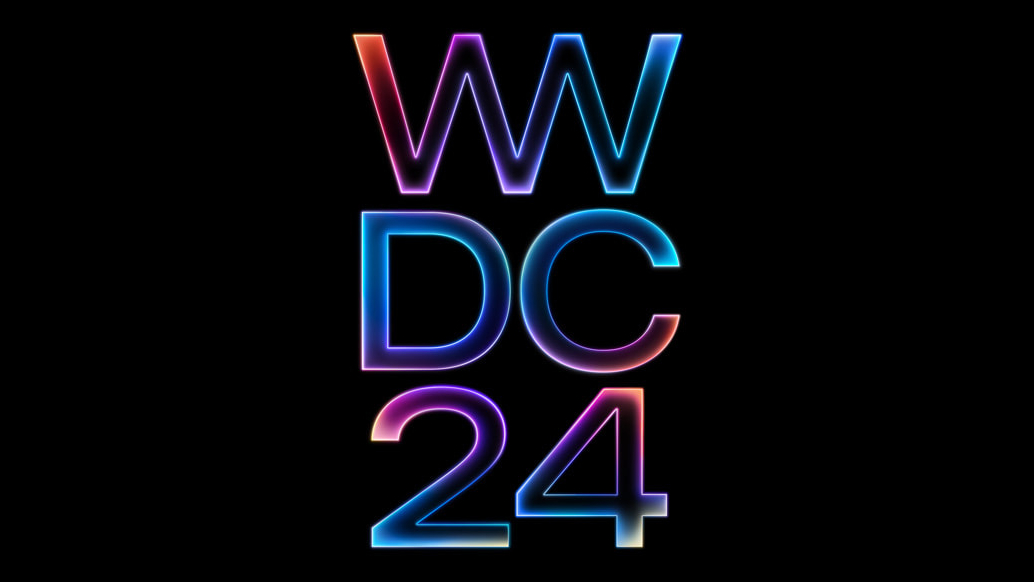
Many of the blanks surrounding Apple's AI ambitions will likely be filled in next month when Apple holds WWDC 2024. AI figures to be a significant topic of discussion at Apple's annual developer conference, just as it was at Google I/O. WWDC will also feature an iOS 18 preview, giving us our first real glimpse of how Apple's AI efforts will be incorporated into its phones.
Even after WWDC, though, questions about Apple's plans will remain. For example, since the iPhone 16 isn't likely to debut before the fall, we'll probably still be in the dark about whether the new phones will have unique AI capabilities that are unavailable on Apple's existing handsets.
Nevertheless, WWDC is going to give us our first real look at whether the gap between Google and Apple AI tools for mobile phones is really as big as it seems.







